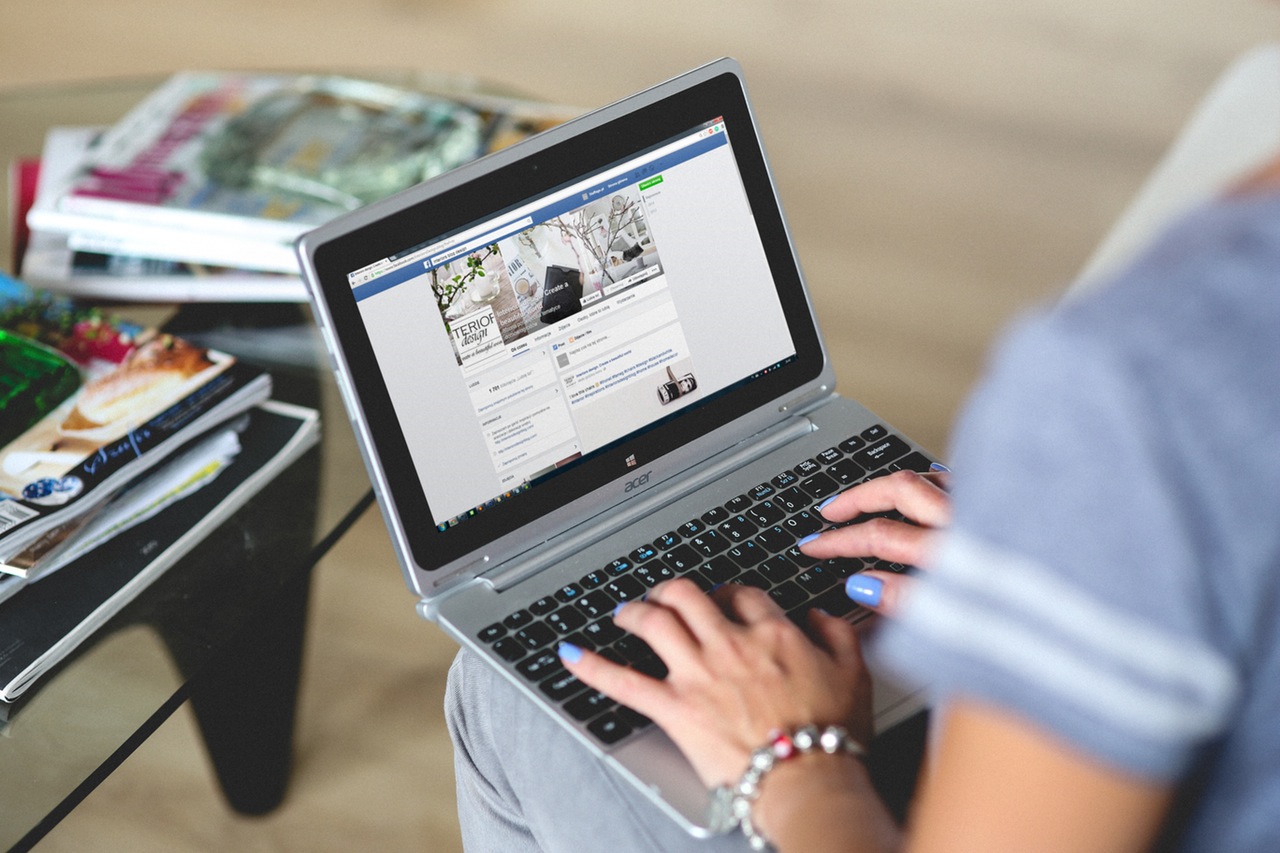It may sound simple to find the best laptop to fit your needs. With so much choice out there, you just do a simple search and away you go, right?
To some extent, yes. But if you want to make sure you come out with a laptop that is going to do what you want it to do, a little homework before you fire up Google is in order. Searching for the laptops is the easy part – thinking about what you need is the most important part.
In this article, you will find the best hints and tips for finding the perfect laptop for your needs.

Getting the details right
Alongside phones and tablets, laptops are an essential part of modern life. From providing your evening entertainment to paying your mortgage, most aspects of modern life hinge around the digital world. Your devices provide your access to this, and for this reason it is essential to ensure they are custom built for you – or as close as possible!
The first step is to define your budget. Do not be tempted by breaking the bank – you will only regret it later. There is no need to either, with most use cases being adequately catered for from as little as a few hundred dollars. If you can afford to comfortably spare more, there is obviously merit to doing so, but the point is that you should not feel you have to in order to get a decent laptop.
Next, think about what you most commonly use your laptop for. If you are a heavy gamer and not much else, your use case is easy. You will need a robust processing unit with a large screen. Battery life and weight are likely to be much less important to you.
Most other types of user have to consider things a little more carefully to ensure they end up with the right blend of portability and performance.
The technical details
Only after you have considered your use case should you start thinking about how feeds and speeds will impact your choice of PC.
Depending on your findings, and your budget, you can start narrowing down your search. CPU is the processing speed of your device. It determines how quickly it can process tasks and run your applications.
The downsides to high CPU speeds are that it can reduce battery life, as well as making the machine a little heavier than those with lighter processors. You need to weigh this up (quite literally) with how much you plan to take your device with you and how heavy you can afford it to be.
From a budget perspective, you can pick up an entry level laptop from as little as about $300. If you plan your purchase well, you may even be able to pick up something for less in Black Friday or January sales. But this is a sensible starting point the rest of the year.
Another advantage of a cheap entry level laptop is that you can use them for all the family. Running a low end PC for playing Netflix or Amazon Prime means all the family can use it without risk of damage.
If you can stretch your budget…
You can get into more advanced features, slicker designs and portability. This extra investment could prove to be money well spent if you travel frequently or need to switch your device between a laptop and a tablet format.
If you plan to get one of the best-in-class laptops, you will be able to get the top resolution screens, slick, lightweight devices, and other features to enhance the machine’s performance and quality. Some even come with inbuilt cooling capability to offset the heat generated by high output machines.
No matter what your budget, do some homework and most of all, shop around. This can make a big difference on your purchase price, as certain retailers run month end price promotions. Sometimes you can get bundle prices that include antivirus software, or the Microsoft 365 personal suite.
Above all, enjoy your search for a new laptop! Put yourself in control of the search by doing your homework, and clueing up on a few key terms. Doing so will ensure you come out with the perfect laptop to fit your needs!